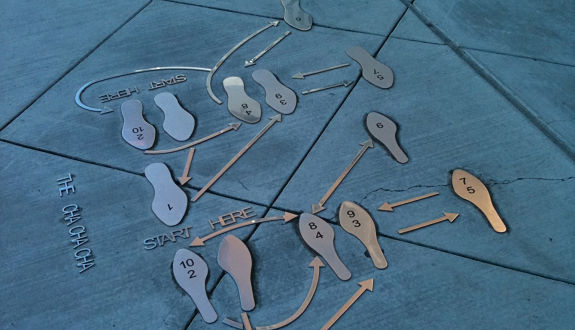
As we’ve mentioned in previous blog posts, MCAT prep is a substantial time commitment, especially for students studying for the MCAT with full-time school or a job! The average med school student (e.g., ~501 MCAT score) studies for 240 hours so that they can obtain a good MCAT score. So let’s explore how a full-time student should go about balancing MCAT prep with their other extracurricular and academic activities.
1. Use the Blueprint MCAT study plan to craft a preliminary schedule. Mark dates you will almost certainly be too busy to study and choose your ideal MCAT test date. This is a first draft! You can (and should) update your MCAT study schedule as you go.
2. Write out every recurring commitment you have…volunteering, work, classes, and study times. It’s better to be comprehensive than to discover you have a wedding you forgot about a week before the Medical College Admission Test (yes, this does happen!). Here are a few templates you can use as a starting point.
3. Budget extra time if you are a nontraditional student or haven’t taken certain niche prerequisites like electromagnetism. The test is still doable, you just need a little more time!
4. Finally, calculate the amount of time you will have for MCAT preparation.
“How long do I need to prep for the MCAT?” You should aim for at least 300 hours of study time before taking the MCAT. Anything less puts you at a serious disadvantage on test day, and the last thing you want is to take the test before you’re ready and go through the whole process again! Additionally, a good MCAT study plan will start out with mostly review (~70%) and some practice (~30%) and gradually switch to more and more practice as test day approaches. See our Blueprint Study Plan for a beautiful visualization of this trend.
There are many ways to find time to study for the MCAT. Often a conversation with an employer, professor, or principal investigator can go a long way in alleviating some of your commitments, especially if they are physicians themselves. If they are unsympathetic, take some time to reflect on your priorities. Each person’s situation is different, and a grueling schedule for one person might be downright tedious to another. Quitting, renegotiating expectations, and doubling down are all choices only you can make.
One caveat here. Although study plans can vary widely (from three months of intense studying to nine months of part-time studying) there are a few unproductive motifs. Any student attempting to take the Medical College Admission Test with less than two months of preparation is likely selling themselves short. The opposite is also true, where students sometimes plan on studying over a year or more. This can cause students to acquire knowledge well initially and struggle to retain it over long stretches of time, resulting in confidence that doesn’t translate to a good MCAT score..
Finally, I have to quote good old Bezos here, and remind y’all to seek work-life harmony over work-life balance. All these templates provide strict time trade-offs that are undoubtedly helpful to craft an MCAT study schedule. But you are the best expert on yourself, and if an activity helps you recharge and relax, it is time well spent. Notable activities from med school students over the years include volunteering on a crisis hotline, volunteering in cat shelters, working a part-time clinical job, or scheduling off days to just lay around. Willpower is overrated. When it comes to studying for the MCAT while taking classes, consider using the Blueprint Prep tools above, along with our outstanding Student Success Team, to craft a routine that will lead you to a stellar MCAT score and GPA! If you want more tips for MCAT life balance, we have the guide for you. Start with our free study planner that lets you personalize a schedule with days off! You can also take advantage of our free daily MCAT sample question delivered straight to your inbox. Contact us for more information.
Search the Blog

Free Consultation
Interested in our Online MCAT Course, One-on-One MCAT Tutoring or Med admissions packages? Set up a free consultation with one of our experienced Senior Student Advisors.
Schedule NowPopular Posts
-
MCAT Blog What's on the MCAT?
-
MCAT Blog How to Review MCAT Full Lengths

Free MCAT Practice Account
Need great MCAT practice?Get the most representative MCAT practice possible when you sign up for our free MCAT Account, which includes a half-length diagnostic exam and one of our full-length MCAT practice exams.
Learn More







